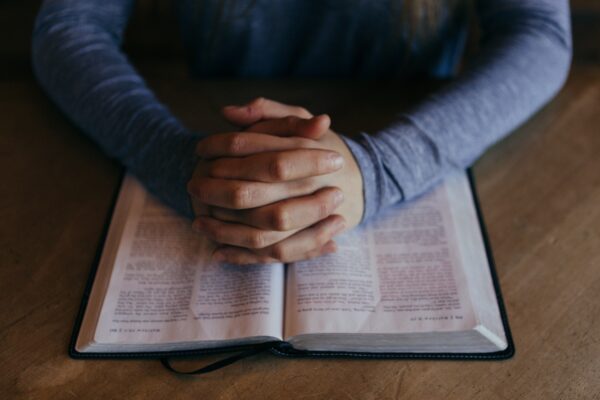Daniel Littlepage, a Native American, is a prisoner confined at the Miami Correctional Facility located in Bunker Hill, Indiana. His religion requires him, among other things, to pray with others in a Sacred Circle. John Walker Lindh, a prisoner at the Federal Correctional Institution in Terre Haute, Ind., practices Islam, which requires him to participate in group prayer. Paul Veal, a prisoner at the Pendleton Correctional Facility, is a practicing African Hebrew Israelite, a religion which mandates communal worship and study as a necessary component of creating a lifestyle that complies with the desires and commandments of God.
The ACLU of Indiana litigated cases on behalf of these three prisoners for their right to pray in groups. In Lindh's case, the prison allowed every other type of group activity, including conversation, playing board games, watching television and participating in sports. However, the prison did not allow group prayer.
Prisons can't prefer some religions over others
In all these cases, prison authorities singled out group religious practices for changes in regulations while other religious practices were not affected. Prisons do not have the right to deny prisoners an intrinsic element of their religious beliefs, and they don't have the right to prefer some religions over others.
The protection of religious exercise and expression for people of all faiths is guaranteed by the First Amendment to the U.S. Constitution. Federal civil rights laws also protect these rights, as a result of efforts by secular liberal and religious conservative groups who were concerned that prior Supreme Court rulings had narrowed religious protections in the states. What's more, the Unites States Congress passed the Religious Freedom and Restoration Act (RFRA) in 1993, and the Religious Land Use and Institutionalized Persons Act (RLUIPA) in 2000.
The goal of the ACLU's work on freedom of religion and belief is to guarantee that all people are free to follow and practice their faith _ or no faith at all _ without governmental influence or interference, and to prevent government actions that burden an individual's free exercise of religion.
Download a copy of the latest filing in the Littlepage case

